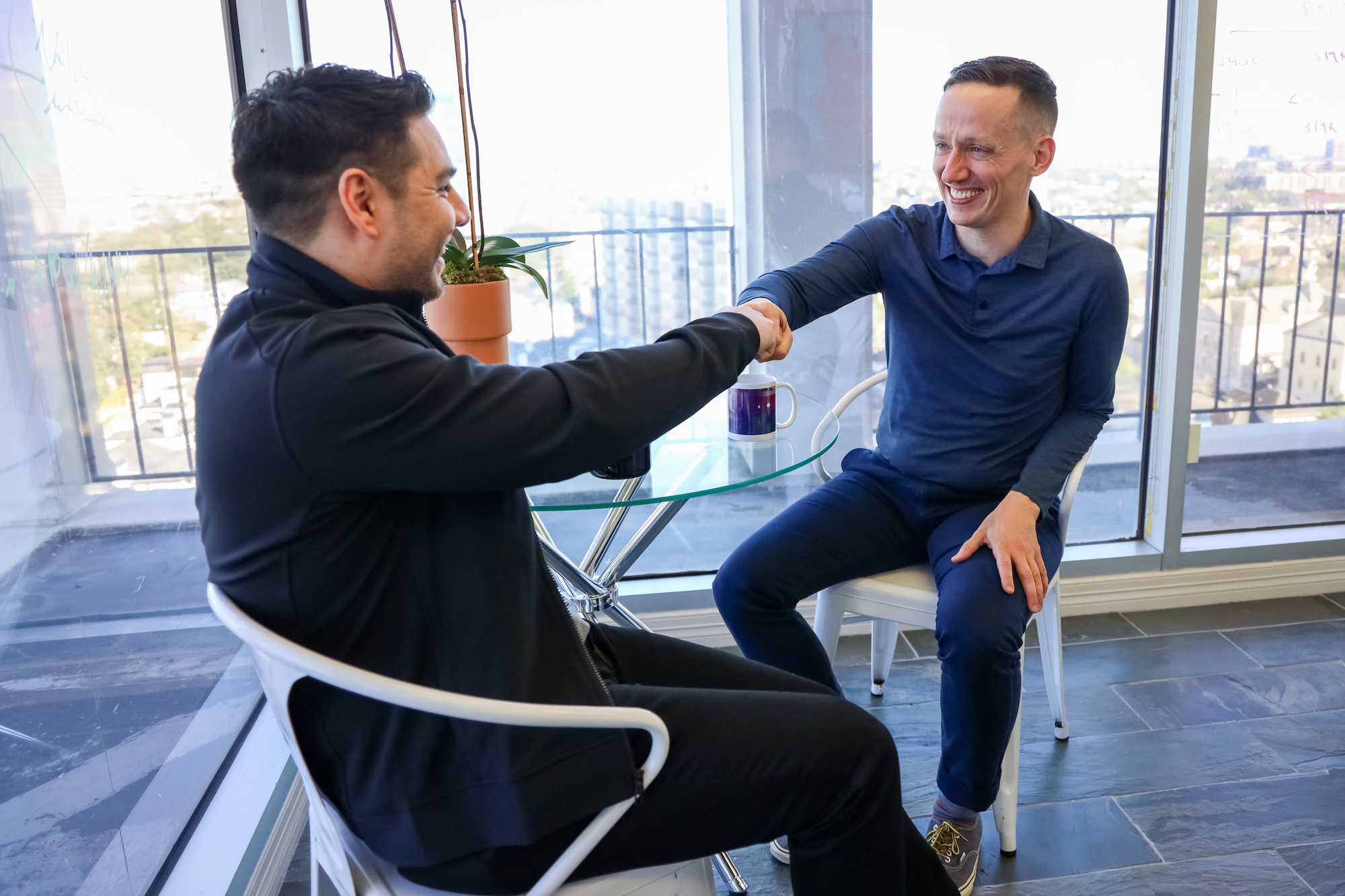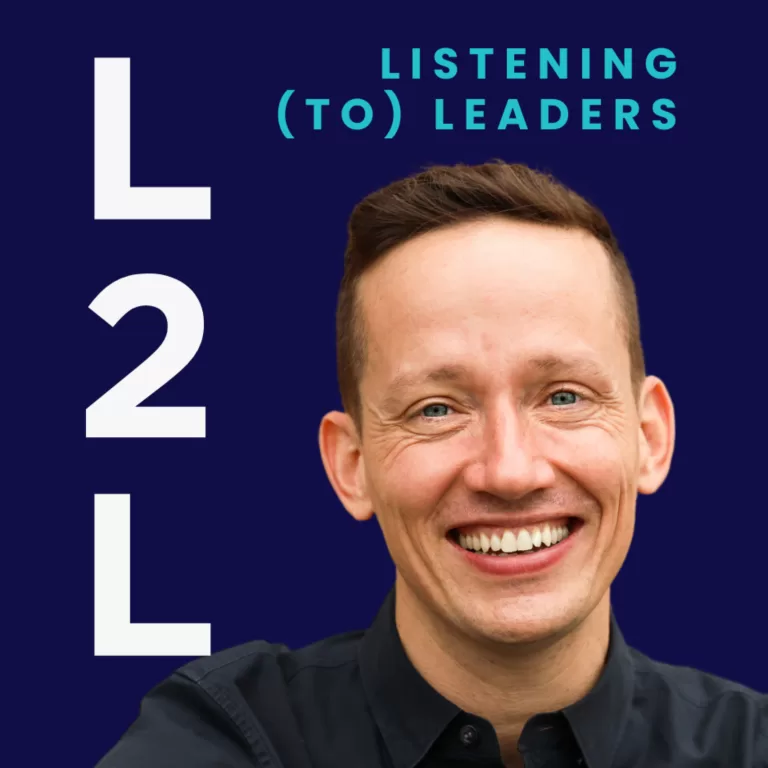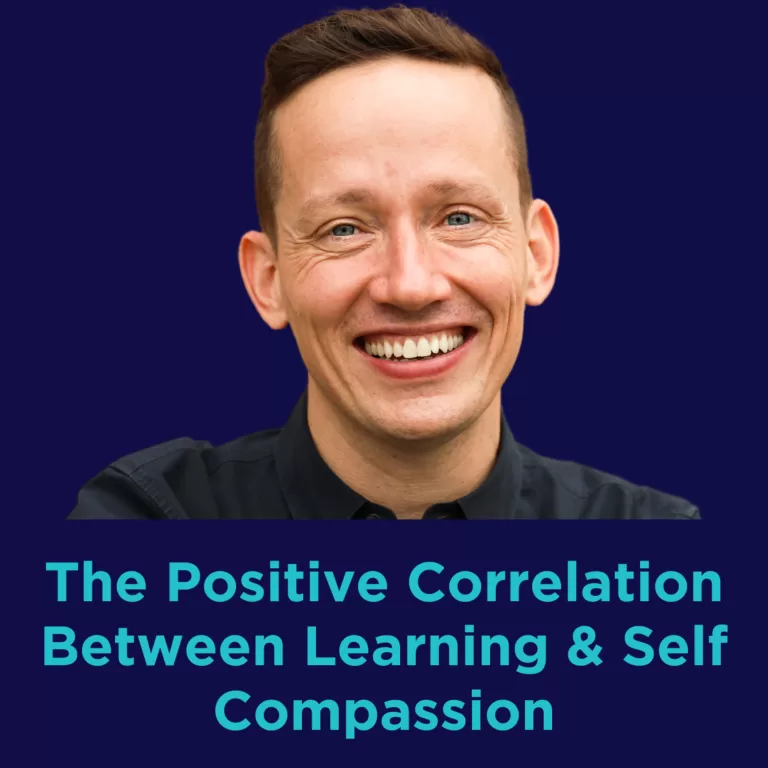Here’s the hilarity of the theme of this month! I’d been trying to get this email written and sent for 2 weeks, but kept getting distracted, busy, overwhelmed or tired. This is precisely the reason “being intentional” must be created as an intention (i.e. you must be intentional about being intentional!) and then, you must practice and practice and practice.
So here we go!
I want to offer a simple 3-step process you can use to have any conversation be more intentional and impactful. This is especially useful for high-stakes conversations where emotions might run high (i.e. managing conflict or giving a presentation). In these cases, setting an intention ahead of time can create an anchor so that you stay focused on what really matters in the conversation.
Before you begin the conversation, ask and answer these three questions. Make sure that you answer these questions from your highest and best Self. This can be done in a very simple way, even just jotting down your answers on a Post-it note.
- Who am I committed to being in this conversation?
- What do I want the other person/people to experience?
- What’s the best possible outcome of the conversation?
These questions put your attention on some of the most important elements of the conversation, so that no matter what comes up in the conversation, you have an empowering and purposeful place to return yourself to.
Last week, I had to give some tough feedback to a friend and colleague. I was pretty anxious about the conversation, as it was some direct criticism about how he was showing up in a project we are working on together. The questions allowed me to get grounded before the conversation and to really focus on the truly important aspects of the conversation.
Here’s how I answered the questions for this conversation:
Who am I committed to being in this conversation? I’m committed to being a courageous, loving and honest co-leader
What did I want him to experience? I wanted him to experience being appreciated and supported, and that I am someone who has his back.
What’s the best possible outcome of the conversation? We both feel fully heard. We end the conversation feeling connected and empowered. We co-create a clear path forward for working together with which we are both satisfied.
There’s many different things you can do with these answers. You can directly share your answers to start the conversation, or simply have them in mind. You can bring even more intentionality to the conversation by asking the other person what their best possible outcome for the conversation is as well. Then, you can integrate their best possible outcome be a part of your best possible outcome!
This model is great for leaders, but it’s also useful as a partner, a parent or a friend. You’ll find that being intentional in this way will create more effective, grounded and impactful conversations. It’ll likely take practice before it feels natural. You could test it out in a more low-stakes conversation, like asking your partner what they want to have for dinner, or scheduling a coffee date with a friend. Again, this works for any type of conversation! With time, you’ll ultimately find yourself showing up as your very best Self (and empowering others to show up as their best Selves) no matter the circumstances.




